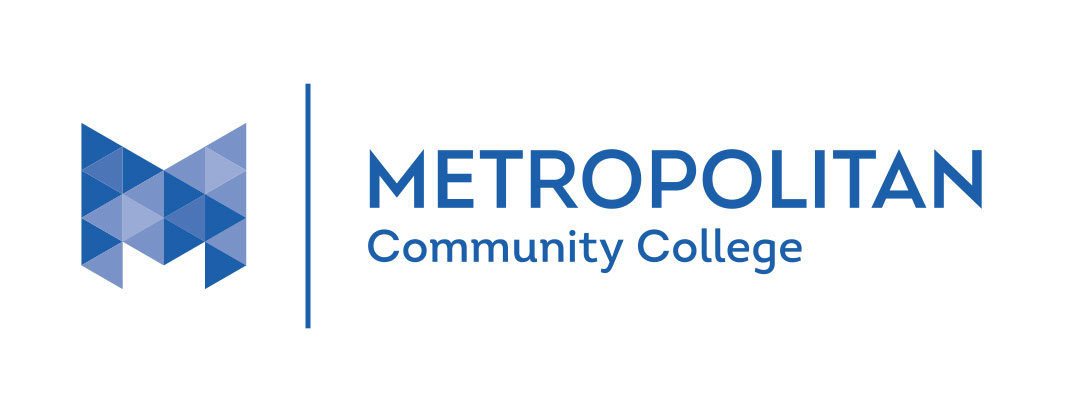Metropolitan Community College is committed to providing full disclosure of all consumer information as required by state and federal laws and regulations. We want the consumers of our programs and services to make fully informed choices regarding the institution they have chosen to attend. The items below include descriptions of services and procedures and sources or links to other information.
Any information found here will be made available in paper form upon written request by emailing Julie Langholdt at jlangholdt@mccneb.edu or by sending a letter to Julie Langholdt, Dean of Compliance and Financial Aid, Metropolitan Community College, PO Box 3777, Omaha, NE 69103.

